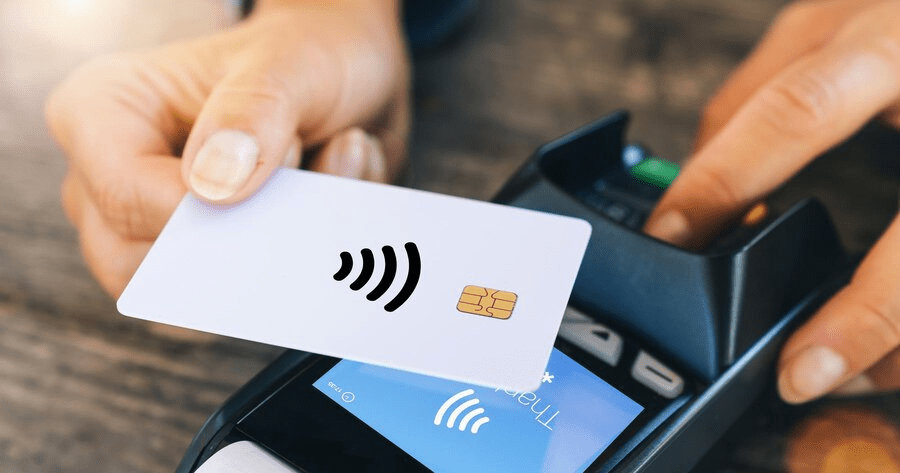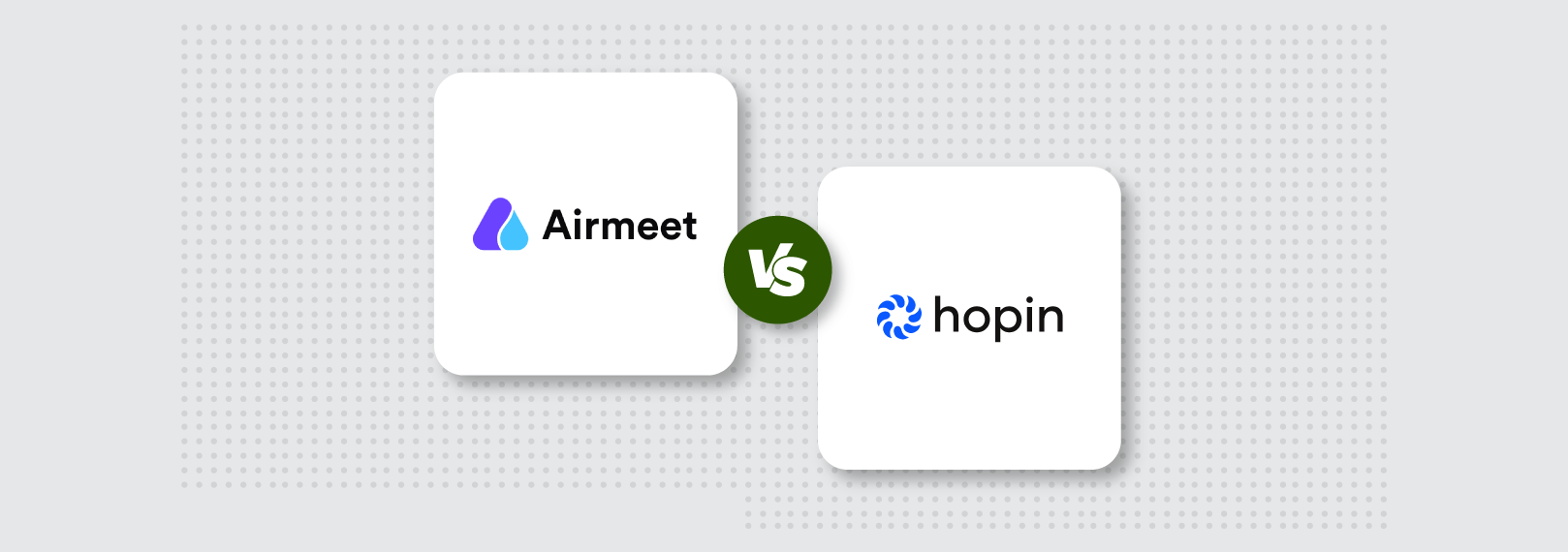Technology is essential to improving visitor experiences and operational effectiveness in the cutthroat field of event management. The RFID cashless payment system is one such invention that is becoming popular. Is it appropriate for your event, though? To assist you in making the right choice, this article thoroughly examines the benefits and drawbacks of utilizing RFID cashless payment systems at events.
Table of Contents
An RFID Cashless Payment System: What Is It?

RFID cashless payment systems enable contactless transactions with RFID-enabled badges, cards, or wristbands. Instead of using conventional cash or credit card transactions, guests can load money onto these devices and use it to pay for food, beverages, retail, and other expenses. The global RFID market is anticipated to reach approximately $15.86 billion by 2024, with a projected compound annual growth rate (CAGR) of 11.83% from 2024 to 2034.
RFID Cashless Payment Systems’ Benefits
There are different advantages of using an RFID cashless payment system at the event and some of them are given below:
1. Improved Visitor Experience
Long lines for food, beverages, and products are greatly decreased with RFID cashless payments. The transaction procedure is quicker and more seamless for guests, allowing them to spend more time at the event. The visitor experience is further improved by the ease of not having to carry cash or credit cards.
2. A Higher Potential For Revenue
When customers use preloaded wristbands or cards, RFID devices facilitate impulsive purchases and allow them to spend more freely. The approach promotes easy spending, and visitors frequently top off their accounts without thinking twice, which boosts sales for event planners and merchants.
3. Enhanced Protection
Both event organizers and participants are less likely to experience financial loss or theft when cashless payment options are used. Digitally stored monies improve overall event security by reducing the possibility of cash mishandling or fraudulent activities.
4. Simplified Procedures
For event planners, using a centralized RFID system to handle payment streamline procedures. Real-time information gathered from RFID transactions offers important insights into vendor performance, spending trends, and visitor behavior. Future events may be optimized and on-the-fly modifications made using this knowledge.
5. Information Gathering And Understanding
RFID technology records important information about visitor behaviors and preferences. This information enables event planners to better customize subsequent events by tracking spending patterns and foot traffic at different booths or stages. Additionally, it makes targeted promotions and customized marketing campaigns possible, increasing the total return on investment for events.
6. A Decrease In Counterfeiting And Fraud
RFID cards or wristbands are hard to fake since they are preloaded with money and are individually connected to each visitor. This ensures a more secure event environment by significantly lowering the likelihood of fraudulent acts, such as ticket fabrication or illegal entry.
7. Quicker Check-Ins
The check-in procedure is streamlined using RFID technology. Long lineups and wait periods at the gates can be avoided by using RFID-enabled wristbands or cards, which allow passengers to be swiftly scanned upon arrival. This facilitates the admission process and raises visitor happiness right away.
8. Smooth Access Management
In addition to being used for purchases, RFID wristbands may be used for access control, giving event planners the ability to assign certain rights to various places (such as backstage access or VIP zones). This dual capability improves security while adding convenience for both event personnel and guests.
9. More Possibilities For Marketing
Customized marketing campaigns, such as real-time sales or discounts based on consumer purchasing patterns, are made possible by RFID technology. To encourage participation and extra spending during the event, organizers might design customized incentives that can be delivered to attendees’ smartphones or connected to their RFID accounts.
10. Cashless Balances And Refunds
Guests may handle their money at the event more easily with RFID technology. Throughout the event, attendees may conveniently fill up their wristbands or cards, and any unused money can be returned online, making the process more straightforward and transparent. This promotes user happiness and trust in the payment system.
11. Environmental Advantages

RFID cashless payment solutions help promote more environmentally friendly event practices by eliminating the need for paper money, receipts, and physical tickets. To save waste and encourage environmentally responsible behavior, guests can reuse RFID wristbands or cards at various events.
12. Improved Promotion Of Events
RFID wristbands make a chic memento for guests and may be personalized with event logos, colors, and themes. Because attendees could keep wearing their wristbands after the event, this not only improves the event’s branding but also raises brand awareness and helps advertise subsequent events.
13. Health And Safety Contactless Payment
Contactless payments are a safer option than handling cash or swiping a card in the post-pandemic world of today. By minimizing in-person encounters, RFID systems offer a more sanitary and health-conscious payment option, which may be extremely important for visitors’ peace of mind.
RFID Cashless Payment Systems’ Drawbacks
The following are the drawbacks of RFID cashless payment systems:
1. Initial Expenses
A substantial upfront expenditure is necessary to implement RFID cashless payment systems. Event planners must spend money on software integration, payment terminals, and RFID-enabled wristbands or cards. This expense may be too high for smaller gatherings.
2. Technical Problems
Although RFID technology is dependable, malfunctions can sometimes happen. Delays brought on by malfunctioning payment systems or connectivity problems may irritate customers and may reduce revenue. To reduce these risks, backup plans should always be in place.
3. Attendee Learning Curve
Particularly if they are accustomed to more conventional payment methods, some participants might not understand how RFID cashless payment systems operate. In addition to pre-event preparation and marketing activities, event planners must devote time to teaching attendees how to utilize the system.
4. Possible Privacy Issues
Some attendees may be worried about the usage and storage of their data when RFID technology tracks their conduct. Event planners must make sure that their data protection policies are understood and that privacy laws are followed.
5. Dependency On Technology
Technology is essential to the successful operation of RFID systems. This implies that the entire payment process may be interrupted by any power failures, software bugs, or server outages. Even though these technologies have a lot to offer, event planners need to be ready for any technological problems.
Does Your Event Need RFID Cashless Payment?
The size, nature, and objectives of your event will determine whether or not to use an RFID cashless payment system. RFID may be a game-changer if improving the visitor experience, increasing income, and obtaining insightful data are your top priorities. But it’s also important to take into account the initial outlay, any potential technological difficulties, and the requirement to inform visitors.
When It’s Best to Use RFID Cashless Payment:
- Large-scale gatherings featuring a variety of merchants, such as trade exhibits, theme parks, and festivals.
- Events to provide a smooth, technologically advanced visitor experience.
- Circumstances where security and real-time data collecting are of utmost importance.
Situations in Which RFID Cashless Payment May Not Be the Best Option:
- Events that are small or have a tight budget and where up-front expenses are an issue.
- Events with a significant risk of technical malfunctions or a weak technology infrastructure.
- Events where a sizable section of the audience may not feel at ease using RFID or cashless payment methods.
Final Words:
RFID cashless payment solutions have a lot to offer in terms of improving event experience, optimizing income, and simplifying operations. But putting them into practice calls for rigorous preparation, funding, and assessment of possible obstacles. RFID technology can be the best option to improve your event if you’re having a big gathering where operational effectiveness and guest pleasure are crucial.




